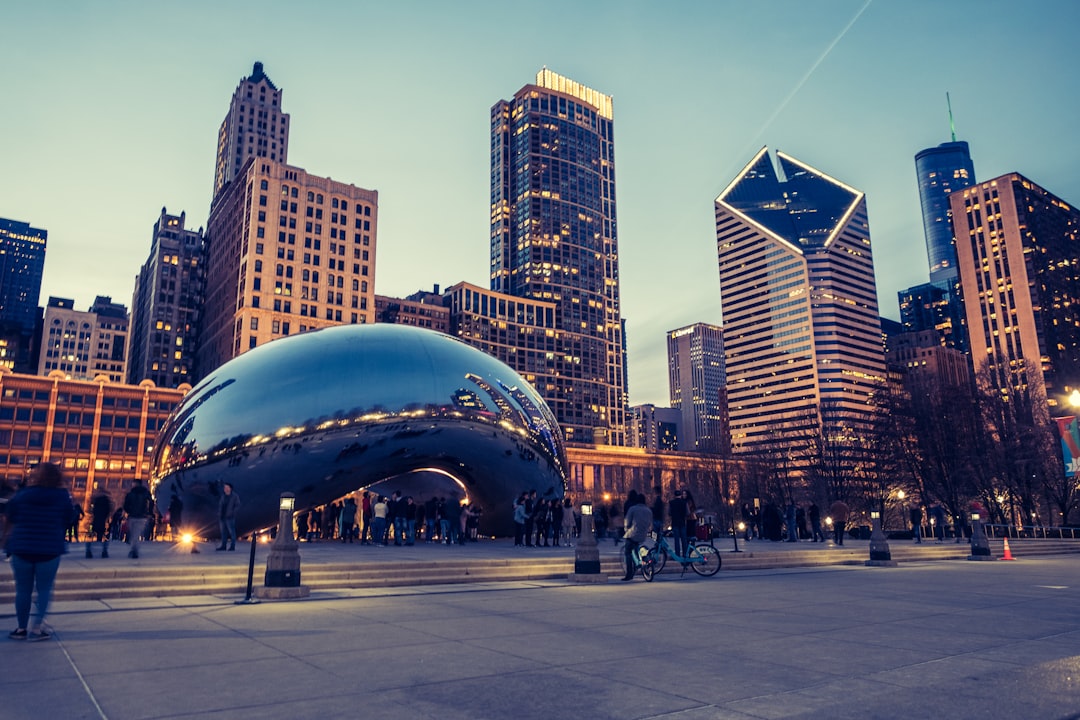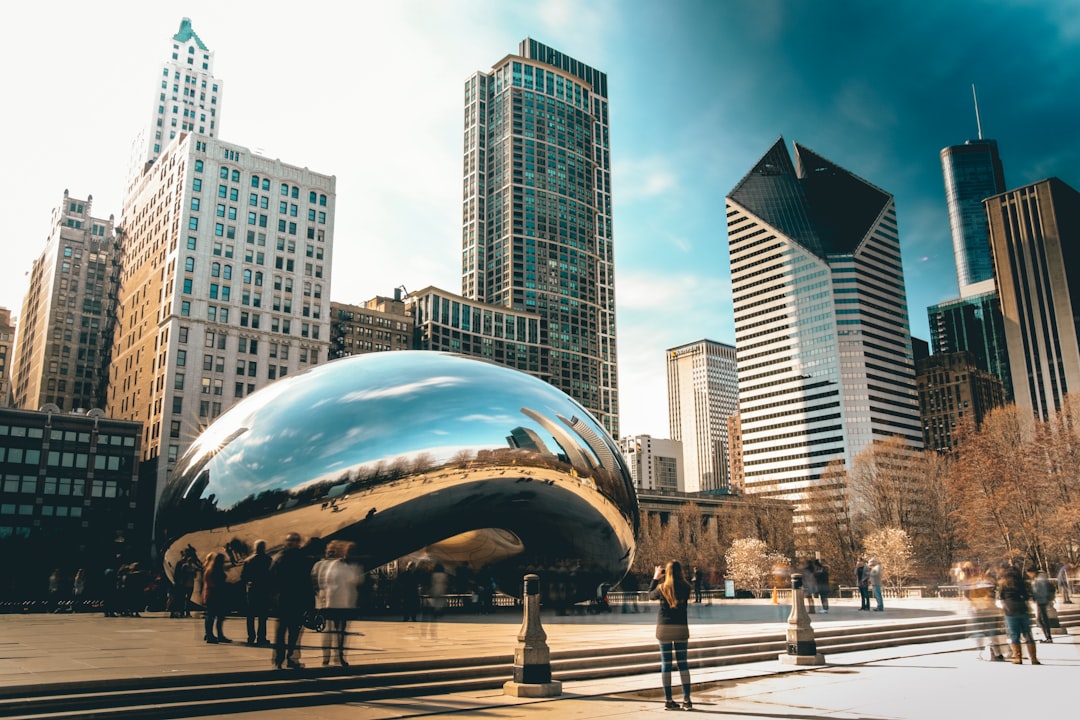Chicago's stringent telemarketing laws, governed by the Telephone Consumer Protection Act (TCPA) and local ordinances, protect residents from unwanted calls. Businesses must obtain prior consent, avoid aggressive tactics like auto-dialers or prerecorded messages, and adhere to clear disclosure rules. Unwanted call lawyers and attorneys in Chicago specialize in navigating these regulations, offering legal recourse for violators and ensuring consumers' rights are protected.
In Chicago, telemarketing regulations are a crucial aspect of consumer protection, with strict laws in place to combat unwanted calls. Understanding these rules is essential for both businesses and consumers alike. This article delves into the intricate legal framework governing telemarketers in Chicago, exploring key regulations that shape the industry. We’ll guide you through the rights and protections afforded to consumers, empowering them to navigate potential violations effectively. Additionally, we discuss when to seek an Unwanted Call Lawyer Chicago for legal recourse, ensuring your rights are upheld in this dynamic landscape.
Chicago's Telemarketing Laws and Regulations

Chicago has established stringent telemarketing laws and regulations to protect its residents from unwanted calls. These rules are designed to ensure that businesses conduct themselves ethically and respectfully when reaching out to potential customers. The Telemarketing Act of 2003, along with subsequent amendments, outlines specific guidelines for telemarketers operating within the city limits.
Key provisions include restrictions on call timing, mandatory do-not-call registries, and requirements for clear disclosures. Businesses engaging in telemarketing must obtain prior consent from residents before making calls, unless exempt under specific circumstances. Unwanted call lawyer Chicago, unwanted call attorneys Chicago, and unwanted call law firms Chicago can guide individuals who feel their rights have been violated by navigating these regulations and seeking legal recourse when necessary.
– Overview of the legal framework governing telemarketing in Chicago.

In Chicago, telemarketing activities are subject to a robust legal framework designed to protect consumers from unwanted calls and ensure fair practices. The Telephone Consumer Protection Act (TCPA) serves as the cornerstone of this regulation, establishing rules for making automated telephone calls and sending text messages for marketing purposes. This federal law is complemented by local ordinances in Chicago that further restrict telemarketing behaviors.
The City of Chicago’s consumer protection ordinance adds layers of safeguards, prohibiting certain tactics like using auto-dialers or prerecorded messages without prior express consent from recipients. Additionally, the law caps the number of telemarketing calls a consumer can receive from a single entity within a given timeframe. Unwanted call lawyer Chicago, unwanted call attorney Chicago, and unwanted call law firms Chicago specialize in navigating this complex landscape to ensure compliance and offer legal recourse for individuals facing persistent violations by telemarketers.
– Key laws and their implications for businesses and consumers.

In Chicago, telemarketing activities are heavily regulated to protect consumers from unwanted and intrusive calls. The key laws in play include the Telephone Consumer Protection Act (TCPA) and various state-specific regulations. Businesses must comply with these rules, which stipulate how and when they can contact potential customers. Violations, such as making automated or prerecorded calls without prior express consent, can lead to significant financial penalties. Consumers, on the other hand, benefit from these laws, ensuring their privacy and peace of mind.
If a consumer feels they have received an unwanted call, they may seek legal recourse through an unwanted call lawyer Chicago, unwanted call attorney Chicago, or unwanted call law firm Chicago. These legal professionals can help navigate the complexities of telemarketing laws and represent the consumer’s interests against offending businesses. By understanding their rights and the implications of non-compliance, both businesses and consumers can ensure a fair and respectful interaction in the vibrant Chicago market.






